
Sodium facts
Given the fact that it belongs to the category of electrolytes, sodium is regarded as extremely vital when it comes to the person’s overall health, and it may freely be said for the person’s existence, due to the fact that it is an integral part of numerous vital functions of our body as a whole. One of them includes the controlling of the entry and the exit of fluids in our body cells. Another refers to its property to regulate and keep in check the blood pressure, blood volume, and also nerve impulses, contraction of the muscles and the balance of acid, and numerous other fluids found in our body. What it also does is aid in the process of nerve impulses transmission. Viewed from such perspective, it is not difficult to see that sodium is the substance that is vital to our existence. Out of this reason, it is extremely important to base your diet to always enable our body to absorb the optimum amounts it needs in order to function in a manner most proper, as well as to be able to maintain its overall health. According to experts, and having an adult person in mind, that proper amount is 2,400 milligrams. Though deficiency can be quite dangerous, over consumption can damage ones health to a great extent as well.
Too much of something is never good
Certain people do have the tendency to overdo with sodium, and do it by a mile. What too great quantities of sodium tend to initiate is the buildup of excess fluid in the person’s blood, which in turn causes the volume of blood to increase as well. Also the increased heart activity induces the development of high blood pressure chronic in nature. As direct consequence of this, there is a number of heart and kidney related illnesses, with some of the even more severe conditions being stroke, gastric cancer, edema, left ventricular hypertrophy, osteoporosis and ultimately failure of the heart. Food that is extremely high in sodium and thus to be avoid includes fast food (pizza, cheeseburgers and alike), processed meat (e.g. sausages, hot dog, ham, salami etc.), potato chips, pretzels, canned vegetables, dehydrated and packet food, salted nuts and butter, cornflakes.
As far as the food low in sodium are concerned, the list contains the following: fresh/frozen meat such as beef, lamb, veal, pork, poultry and fish, also eggs, tuna, salmon, dry peas and beans, nut butter, ice cream, sour cream, skimmed milk, yogurt, cream, non-dairy creamers, vinegar, mustard, fresh horseradish, baking powder and baking soda, unsalted butter, and all fruits and their juices.


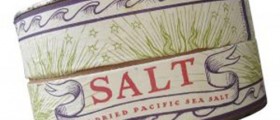
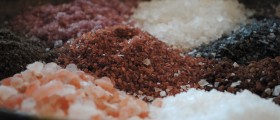
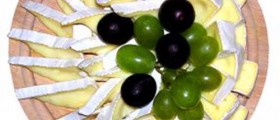
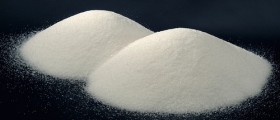
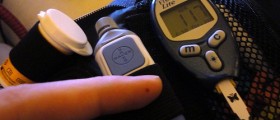

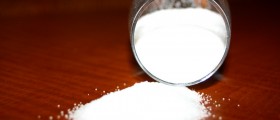


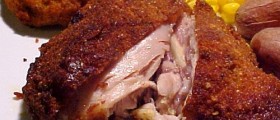
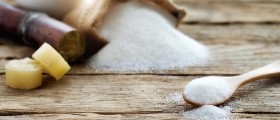


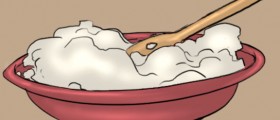

Your thoughts on this
Loading...